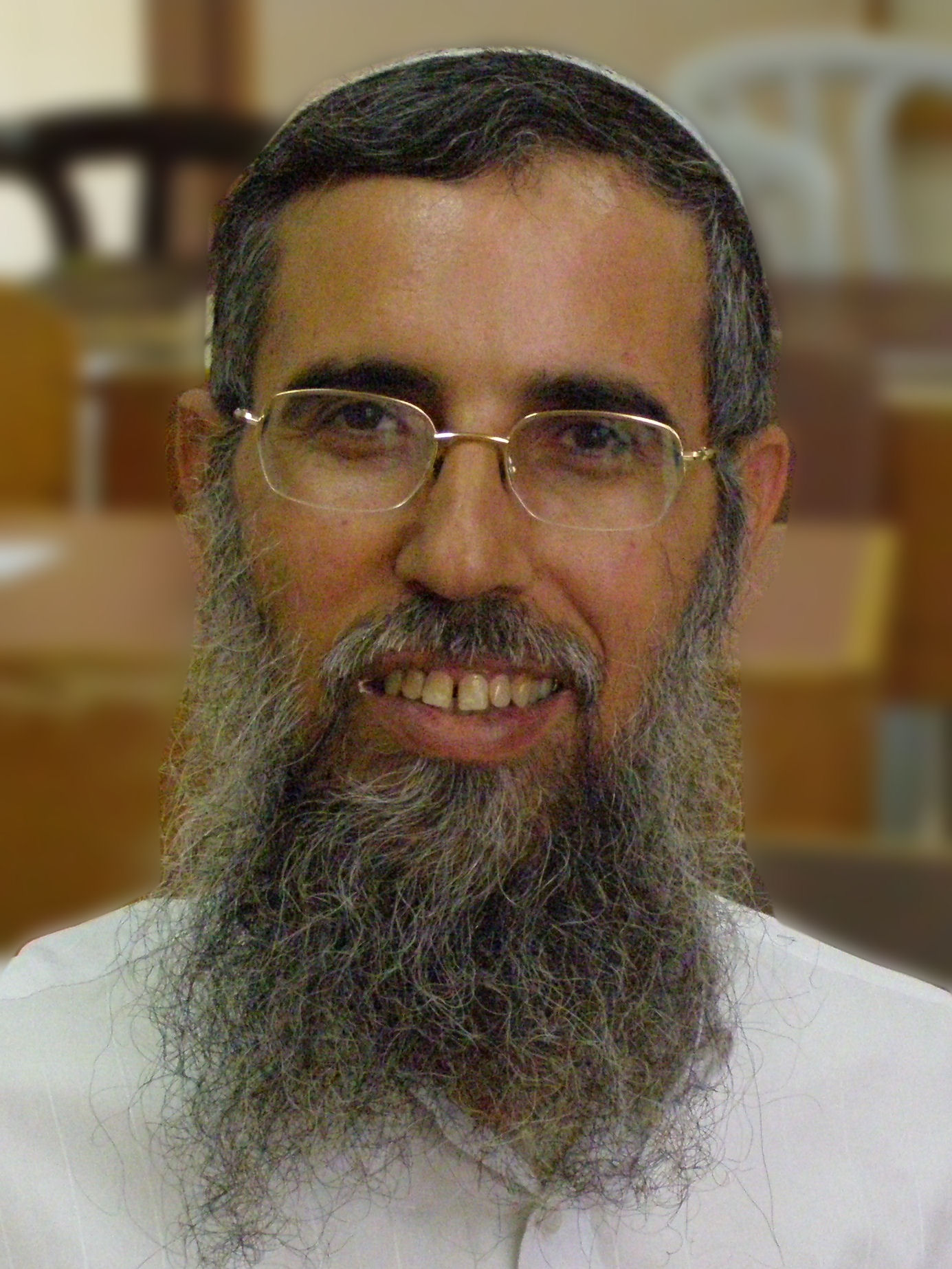ארור אשר לא יקים
הרב יונתן כהן
Upholding the Torah Part in a series of commandments that make up a kind of dedication of the Jewish settlement in the Promised Land is the ceremony of reciting blessings and curses at Mt. Gerizim and Mt. Eval. The blessings and curses are conferred upon those who adhere to, or violate, a number of particular Torah laws, with a portion of the nation reciting the blessing or curse and the whole assembly answering “amen”. Several commentators (including Rashbam, Hizkuni, and Seforno) note that the specific commandments are those that are often beyond the community to enforce, either because they are violated in private or by those whose leadership positions place them in a certain sense above the law. Significantly, of the twelve curses that the Torah itemizes at the end of Devarim 27, the first 11 address specific violations and the last contends with a global behavior or attitude. The Torah dictates, “Cursed is [one] who does not uphold (yakim) the words of this Law to perform them, and the whole nation says ‘Amen’” (27:26). A general concluding curse, Rashi explains, “Here it includes the entirety of the Torah, and they accepted it upon them with a curse and an oath.” Perhaps reading Rashi’s position as somewhat ambiguous, Ramban presents a convicted understanding of the Torah’s language. “According to my opinion, this acceptance is that one must affirm the commandments in his heart. They should be true in his eyes, and he should believe that the one who performs them will have reward and goodness, and the one who violates them will be punished. If he denies one of them or it is in his eyes forever nullified, behold he is cursed. But if he violates one of them, for instance that he ate pork or another vile animal of his [volitional] desire, or he did not make perform [the mitzvah of] succah or lulav because of laziness, he is not included in this curse. The verse does not say “Who does not perform the words of this Law” rather “Who does not uphold the words of this Law to perform” as in the meaning of “The Jews upheld and accepted” (Esther 9:27). It emerges as a ban on the rebels and blasphemers. The full censure this public curse, Ramban insists, does not and cannot fall upon one who occasionally stumbles. The community is not told to vilify one who is prone to human weakness. Notably, Ramban excludes from the curse even someone who commits a willing and intentional sin. Ramban’s criminal did not make a miscalculation or judgment error in failing to erect (or sit in) his sukkah; he was simply lazy. The act is not particularly moral; but the sinner knows in principle that he has failed. It is one thing to occasionally fall prey to one’s deficiencies and mortal limitations, but it is quite another to pervert the truth and falsify standards to justify one’s own faults and failings. A frail human, while he may have areas for improvement, remains a welcome member of the community. But a denier of the irreducible covenant, who will dare to whimsically pick and choose which commandments he sees as fundamentally binding, is subject to the curse and excision of the assembled nation.
השיעור ניתן ב תשע"א
קוד השיעור: 4986
Parshat Ki Tavo 5771
לשליחת שאלה או הארה בנוגע לשיעור:



.jpg)

